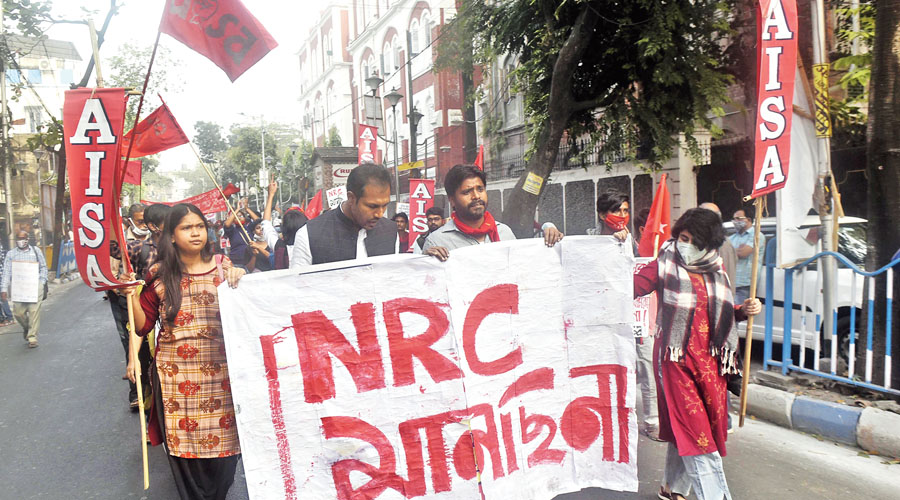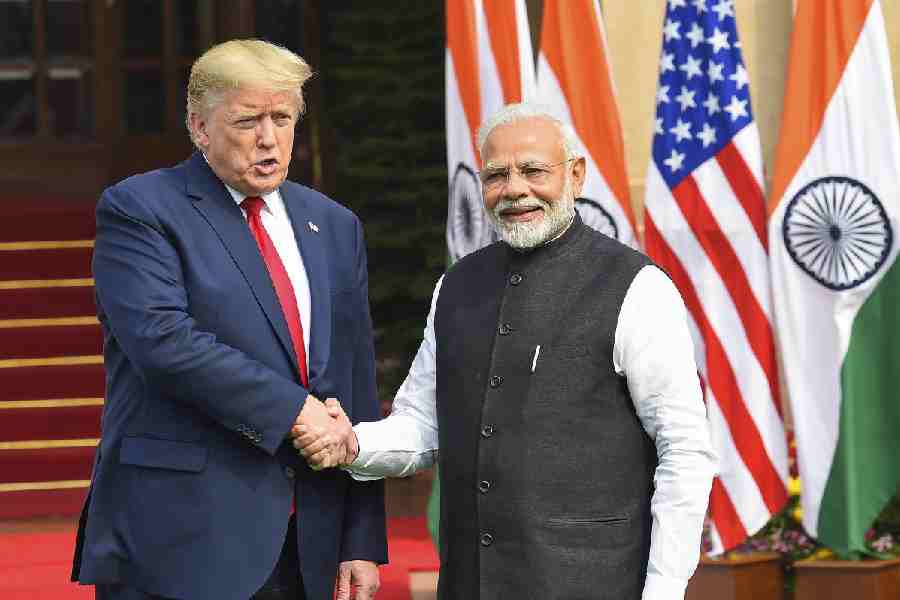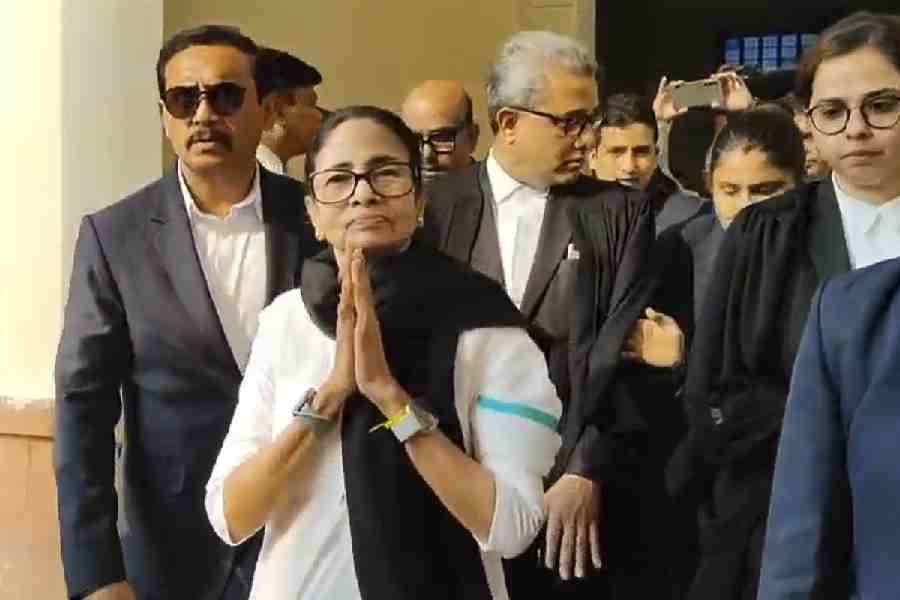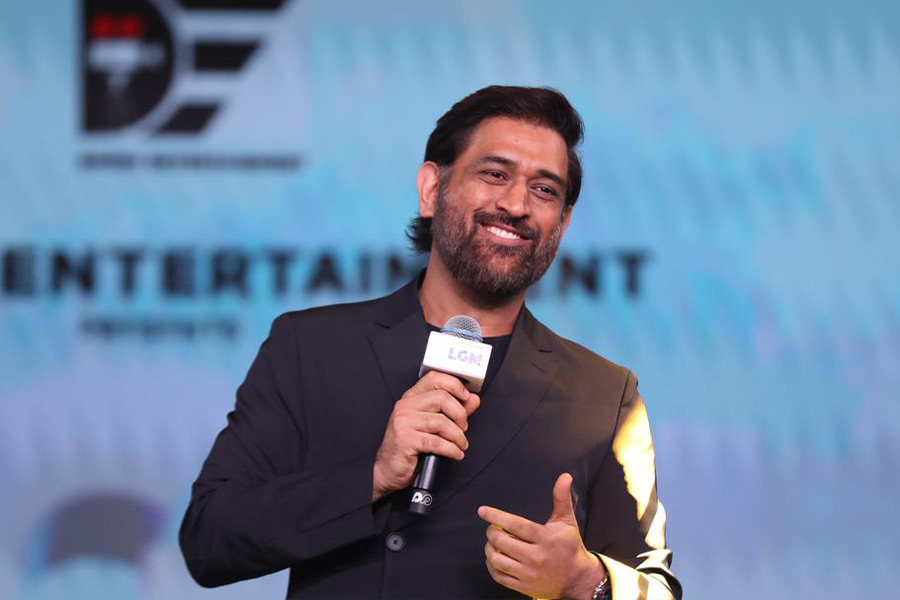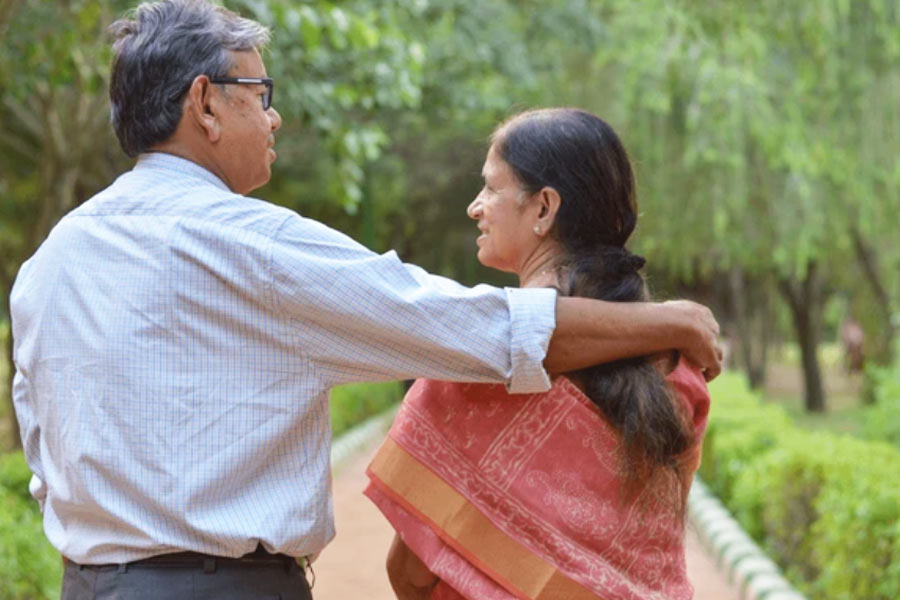The idea of India was once evoked quite often. People felt India as a nation, a civilization, and a democracy had a message for the world. The Nehruvian idea of democracy seemed effervescent and alive. Today, a few decades later, we have to confess that the idea of India is nostalgia, reduced to a lifeless flicker by the Bharatiya Janata Party regime. One cannot even say, ‘India is dead. Long live India’, with confidence in traditional norms because the idea of India has run dry.
The literal combination of autocracy, mediocrity and incompetence that the BJP brought to the table has devastated us. Narendra Modi behaves like a Vladimir Putin or a Donald Trump without realizing that they too have destroyed the institutions that sustained their societies. The globalization of autocratic mediocrity is a style that India, Turkey, the United States of America, Brazil and Russia share.
Years ago, Winston Churchill defined Soviet Russia as an enigma wrapped in a mystery. Looking at India today, we have to admit we are a cliché wrapped in the repetition of endless promises. Behind post-normal, post-truth, it is clear that India as a modern imagination has run out. Nothing that Amit Shah or Modi will do is going to help. We need new concepts, new forms of thinking, and an exorcism of old ideas. The expert in blinders must be exiled till we review the basic models of our existence.
The first sign of crisis, the need for a paradigm change, is the desiccation of language. Our key concepts are deadwood. Words like development, democracy, security make little sense as they turn more ironic or paradoxical and eat into the very institutions that we valued. Our regime uses language to beat up people, forcing many dissenters to confront the fact that the only way to be genuinely Indian is to be anti-national. The idea of India as a civilization and as a vibrant civil society eludes the current regime. Worse, our Opposition and the regime enact a Punch and Judy charade where there is no real debate or options. Freebies have replaced ideas and ideologies have lost any semblance of intelligence.
The senility of concepts and their genocidal cost are obvious. Today, it is not a cost-benefit analysis of policy that we need, but an understanding of suffering as imposed by each of these concepts. Development, instead of being inclusive, has marginalized, eliminated and displaced millions of people. The dividing line between refugee and citizen has been blurred. One needs a mourning wall for the languages, species, crafts and human beings that the regime has driven to extinction. Yet it is indifferent to the situation. Its illiteracy or indifference to the suffering of migrants in the informal economy or the travails of protesting farmers is scandalous. Nation-building has become a vacuous exercise as we increasingly rely on political fixers and corporate brokers propped up by the media.
The death of keywords is accompanied by the end of trust in institutions. The policy documents we produce, the political games we play, show that this regime is committed to the death of institutions. It has desiccated civil society, emptied the university, emasculated the courts, made party and trade union look banal. The elite seems to play along with this charade. Nobody is publicly articulating this loss. We are playing rhetorical games when institutions have to be seen as acts of trusteeship. We salute a Gandhi on a postcard, welcome him with a tourist’s delight, but Gandhi in a post-truth society has no place in what we call the post-normal. The Covid era emptied out what majoritarianism neglected to destroy.
The sad thing is that we have no great narratives or narrators to capture this period. We substitute policy for storytelling with devastating consequences. There is an absence of ethics in every act of assessment.
A few decades ago, Ian Hacking, the Canadian historian of science, said that the real task facing contemporary governance was the maintenance and management of memory. The information revolution as an act of abstraction wiped out memory as an embodied narrative. You can store information in a machine, but memory in a human being has to be performatively alive. This regime specializes in the erasure of memory through its truncated, vindictive sense of history, its linear sense of development and community. It has erased memory and caring as imaginations. Otherwise India would not have been autistic about the Covid migration or the farmers’ protest. This is a regime that fetishizes the cow but is presiding over the death of agriculture. Our nation watches indifferently as it sees the living myth of democracy, from Bollywood to agriculture, dying out.
The standard institutions like the trade union or the current university, the hypocrisy of a separation of powers, or the emptiness of ideas following sustainability and wellness will not do; they will not survive the Covid crisis and its vectors of indifference. One has to ask which institutions will survive the complexity of the time. A friend pointed out that the satsang and the langar survive crises gloriously. So do the guru-shishya idea of excellence. Modern institutions have been tattered. For example, the university as a giant tutorial college makes little sense. The university had to be two-generational, for students of 18-25 and the adults returning to the university after 45-50. We need a blend of values. We cannot allow corporations to appropriate ecology. Land, sea, livelihood are too sacrosanct for their rapacity. We need to create new experiments to sustain nature. Civil society should create a sense of the seed, of the river, as a mythic imagination. We need new myths because modernity has not been productive with myths. Myths capture a political and empirical truth. India must relearn to be a civilization, abandoning the idiot uniform of the nation.
John Maynard Keynes, like a modern Moses, once declared that in the long run we are all dead. A quotable quote, which was elusively obvious. One does not know how to respond. Does one think of the short run? Does one seek closure or wait for the millennium? How does one respond to the violence of our system, which is so pervasive that it has become a creative force? Today, violence is so fratricidal that the marginal, the nomad, the displaced, the migrant, the minority are all refugees. We have become genocidal in our impulses against our own people. We see violence as conspicuous consumption, replay it like a primordial ritual. We have ritualized violence. Before election time, the regime carries out a spate of violence against the minorities. The violence we face is not merely physical. It is abstract. It seeks the rational elimination of populations where riots became a form of exterminism. We idealize violence as an expression and banalize its consequences.
India has to find an answer to endemic violence, which cannot be answered by a mere change of regime. The rules of the Armed Forces (Special Powers) Act and the Citizenship (Amendment) Act represent the logic of the system. Neither theology nor social science even wants to answer the question. We have a regime that looks for a form of sustainable violence to prolong itself. One has no answer to that. Few even want to raise the question. India may not be as crass as the Chinese imprisoning a million Uighur people. But we are not far behind. Our China envy is making us as brutal. We seem to be dying or being brutalized in the short run also. It is not the poverty line and its descriptions we need to be obsessed with. Rather, one needs to be concerned with what was once felicitously described as the Plimsoll line of citizenship. Citizenship is an empty, almost liminally precarious, term. Most Indians have not been regularized into citizens. Most marginals, migrants, workers in the informal economy and people in subsistence economies live below the wellness and welfare of citizenship. The violence that the State subjects them to is virtually left unexplored.
It is clear that standard tropes will not work as institutions have decayed and categories are inept. We need a ritual of rethinking, which encompasses civilization and civil society, a ritual where the current states of India also become a metaphor for a global problem. One needs a sense of thought experiments, an exploration of alternatives, a Hari Katha of dissenting imaginations where democracy reinvents itself as a plurality of life worlds and lifestyles. The university has to be home to some of them only to recognize it is no longer the origin of many ideas. Yet one needs its pedagogic power of gossip and diffusion.
The ensuing debate has to be brought alive as gossip, dream, drama, myth and debate. Democracy has to discover its hearing aids, its sense of a political sensorium, and its idea of vernacular. India might have to show the world that rethinking civilization and democracy has to be an inclusive and experimental exercise. Otherwise, there will be no relief from the mediocrity of politics as cliché.
The author is an academic associated with Compost Heap, a network pursuing alternative imaginations


